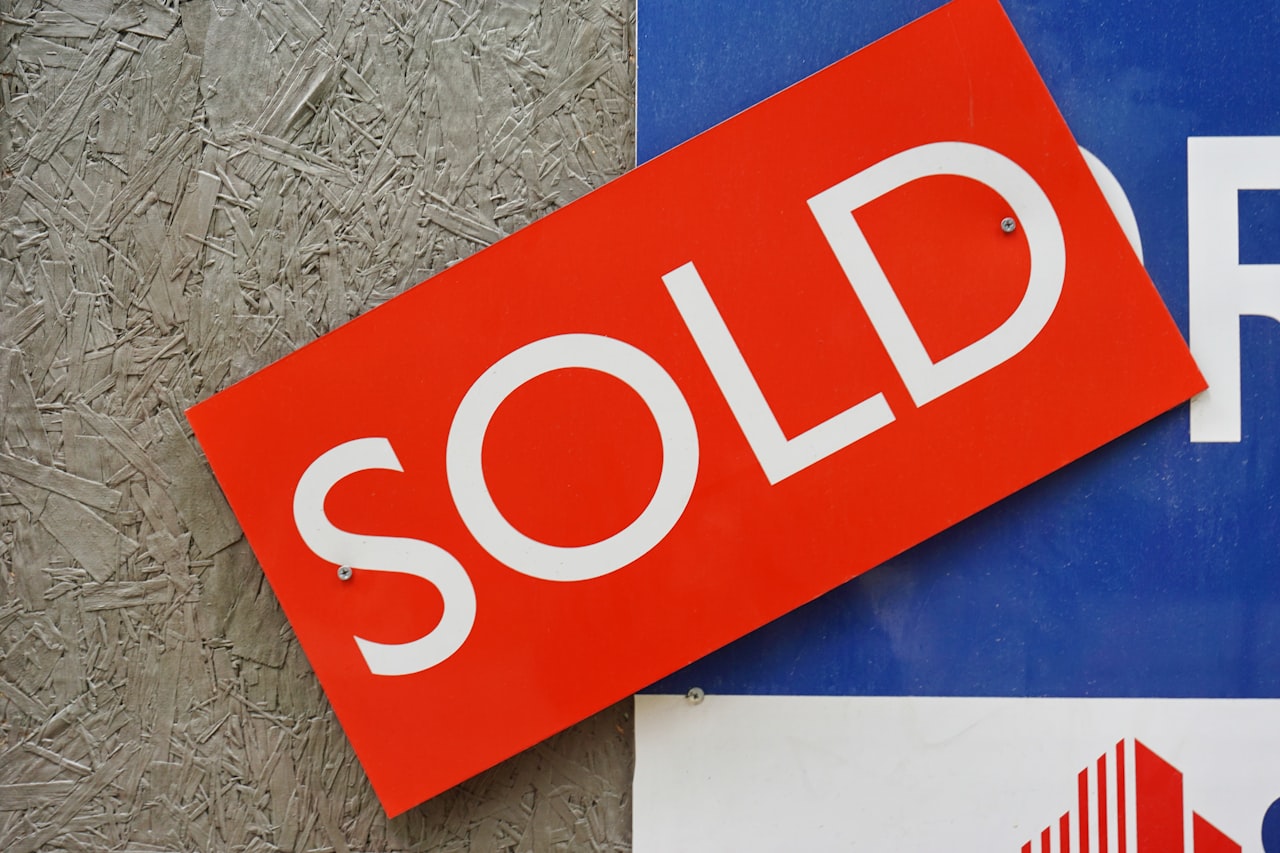In British Columbia, Canada, the primary difference between freehold properties and leasehold properties lies in the ownership structure and the duration of the property rights. Here's an explanation of both:
- Freehold Properties:
- Ownership: When you own a freehold property, you have full ownership of both the land and any structures on it. This ownership is indefinite and typically does not have an expiration date.
- Control: You have complete control over the property, including how you use it, maintain it, and make alterations or improvements to it (subject to local zoning and bylaws).
- Responsibilities: You are responsible for all aspects of the property, including property taxes, maintenance, and any associated costs.
- Transferability: You can sell, transfer, or pass on the property to heirs or beneficiaries as you see fit. This type of ownership is the most common and straightforward form of property ownership in Canada.
- Leasehold Properties:
- Ownership: In a leasehold property, you do not own the land itself. Instead, you have the right to use the land and any structures on it for a specified period, as outlined in the lease agreement with the landowner, who is typically referred to as the "landlord" or "lessor."
- Control: While you have the right to use the property, your control over it is limited by the terms of the lease. You may need the landlord's permission for certain activities or alterations to the property.
- Responsibilities: Depending on the lease agreement, you may be responsible for lease payments, property taxes, and maintenance costs. The specific terms can vary widely.
- Transferability: Leasehold properties can be bought and sold, but the buyer typically takes over the lease agreement. The duration of the lease and any renewal options are important factors in the value of a leasehold property.
Leasehold properties are more common in certain areas, such as land owned by First Nations or on properties with unique arrangements, like those close to waterfronts or golf courses. They can offer opportunities for homeownership in areas where freehold land may be scarce or expensive. However, prospective buyers of leasehold properties should carefully review the lease agreement, its terms, and the remaining duration of the lease to make an informed decision.
It's essential to consult with a real estate lawyer or a real estate agent familiar with the local market when dealing with leasehold properties in British Columbia, as the terms and conditions can vary significantly between different properties and regions. If you have any further questions regarding these two common titles, please feel free to give me a phone call or text. Laura DeNobriga, RE/MAX Realtor @ 604-910-1235




